- Mitragyna speciosa leaves fetch K200,000 per viss in Arakan State
- MDSI calls for stronger civilian protection as junta alters airstrike tactics
- Children in Arakan State face rising cases of pneumonia and flu
- Muslim militiamen flee junta camps in Sittwe amid oppression, discrimination
- Junta navy activities halt fishing in Thandwe
Election could exacerbate conflict in Myanmar, women's rights activists warn
Myanmar's military regime aims to hold an election beginning late this year, but an election not backed by the will of the people could lead to further conflict in the country, say Myanmar women's rights activists.
08 Aug 2025
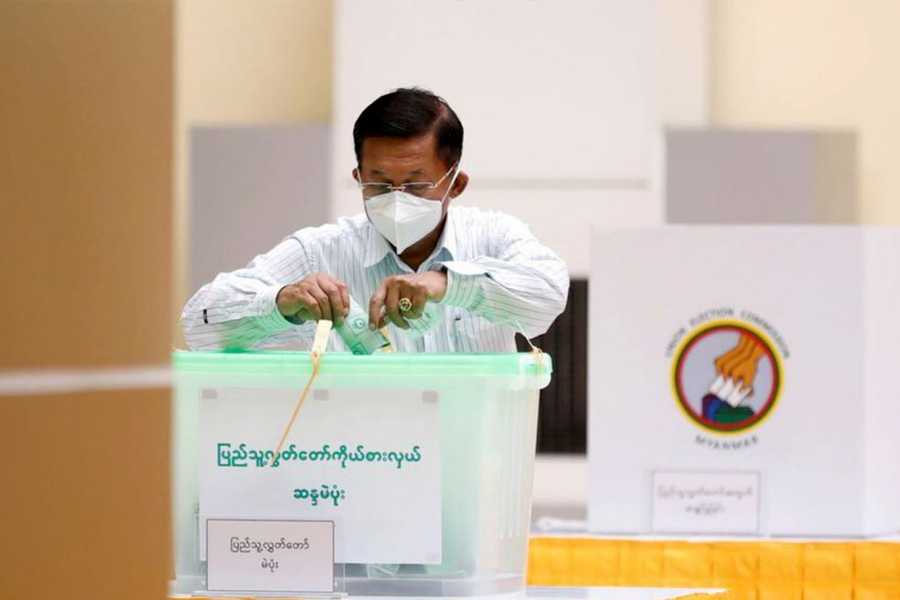
DMG Newsroom
8 August 2025, Mrauk-U
Myanmar's military regime aims to hold an election beginning late this year, but an election not backed by the will of the people could lead to further conflict in the country, say Myanmar women's rights activists.
At a women's political dialogue held on August 6, women's rights activists said that elections held by the military regime could lead to further political instability and more killings.
"Holding an election can only increase conflict. It is an election that can lead to more political instability and more killings. That is why we are holding the position that the military regime cannot hold an election at all," said Ma Hnaung Moh Moh, General Secretary of the Women's League of Burma (WLB).
She continued that the junta's upcoming election is not the way to overcome the current conflicts in the country.
Currently, the military regime is attempting to get international assistance to hold elections.
But the gathered women's rights activists said the election could not be a fair one, as the military regime is carrying out airstrikes, instilling fear among the people, and committing war crimes.
"Is it possible to have a fair election if a military regime that is committing such war crimes holds an election? Even if elections are held in some places, it will not be a genuine election that gets the public's attention," said the general secretary of the Karenni State Consultative Council (KSCC), Sophia Day Myar.
The military regime recently declared martial law in 64 townships across the country, most of which are currently controlled by tanti-junta forces, and has said it will effectively work to end armed conflict, stabilise the affected areas, and establish the rule of law in these townships.
The military regime's efforts to "stabilise" by declaring martial law in these townships are part of a broader effort to hold elections late this year and into early 2026.
"We have seen martial law being declared in over 60 townships at the same time as the election announcement. This is certainly an indication that the military regime's rule does not apply in those townships," said Ma Hnin Hnin Hmwe, joint secretary general of the Democratic Party for a New Society (DPNS).
The junta, in preparation for elections more than four years after seizing power in a 2021 coup, recently handed over state power to the National Defense and Security Council, chaired by junta boss Min Aung Hlaing, and formed the State Security and Peace Commission. And whether the totality of the junta reorganisation gives Min Aung Hlaing more power or is largely a cosmetic changes to a military government he still leads, Min Aung Hlaing is pushing for elections to be held late this year and likely into early 2026.
The military regime on July 29 enacted an election-related law that carries prison sentences and even the death penalty for opponents of the poll who violate the law's provisions.
The law stipulates that anyone who directly or indirectly threatens, harasses, obstructs, or intentionally causes grievous bodily harm to prevent candidates from campaigning, prevent any voter from voting, or prevent polling station staff and election commission members from carrying out their duties during election campaign can be sentenced to three to 20 years in prison, depending on the nature of the infraction.




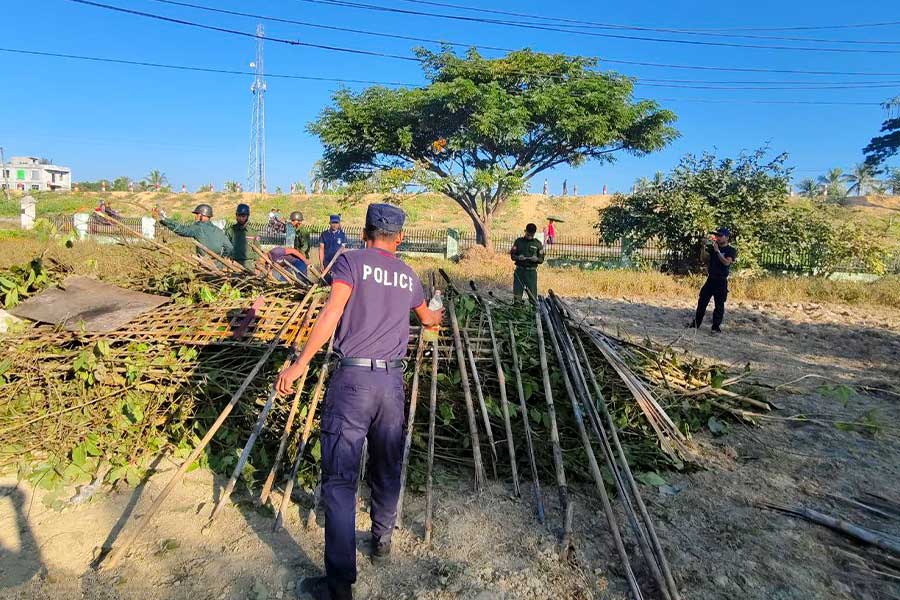
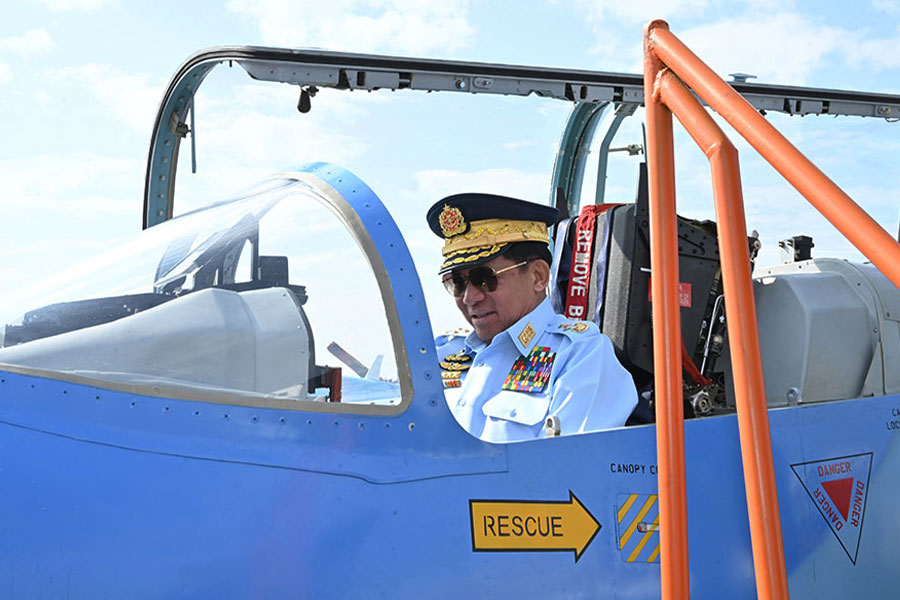
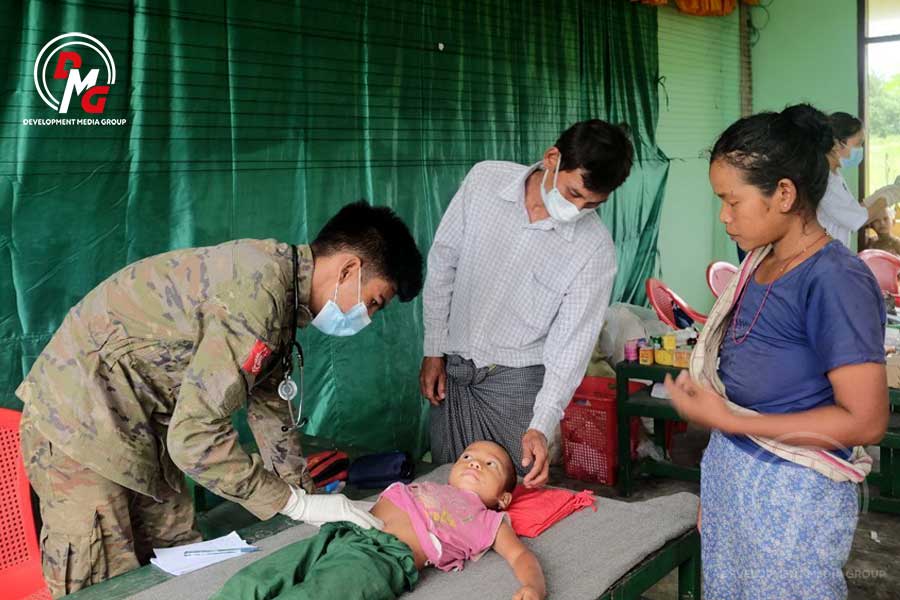
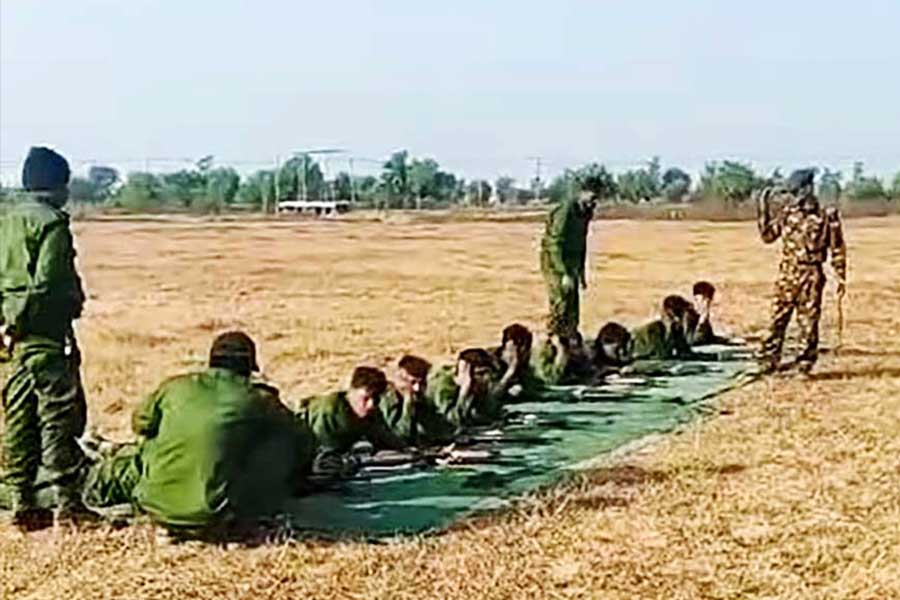
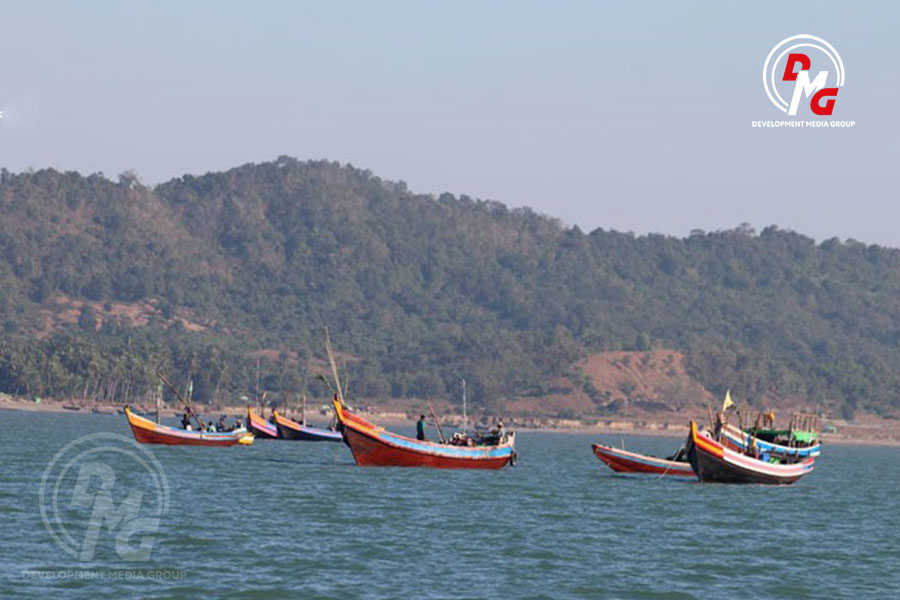






.jpg)

